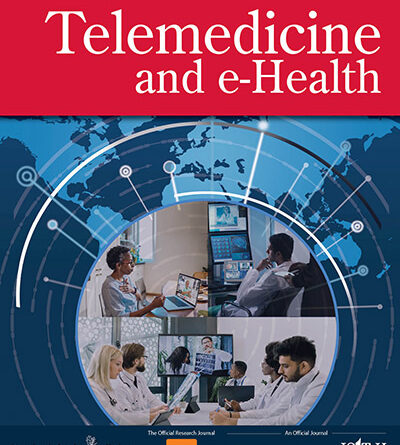Mobile Health Access and Utilisation in Uganda: Knowledge, Attitudes and Perceptions of Health and Veterinary Workers
Background:Despite its strong growth in many parts of the world, mobile health access is still limited in low- and middle-income countries. Among the many factors restricting implementation are the lack of information security, insufficient evidence base, low sensitization, and user acceptance. Limited evidence has been obtained on current practices, perceptions, and user acceptability in such settings. The aim of this study was therefore to evaluate the knowledge, attitude, and perceptions on mobile health use among health workers and veterinary officers in Uganda.
Materials and Methods:A cross-section study was carried out, targeting health practitioners in both hospitals and veterinary laboratories/clinics. A structured questionnaire was used to collect data from the Central, Eastern, Northern, and Western representative regions. Interviews with selected health workers were also conducted as well as a focused group discussion.
Results:Of the 120 health practitioners that were targeted, a total of 80 health workers and 7 veterinary practitioners participated in the study of which 46% were men and 54% women. Majority of the health workers had encountered m-health but had never used it, whereas the 15 practitioners who had used it before the survey did not use it for disease diagnosis in hospitals but used it for ordering medicine online, for patient consultations with the doctors, result interpretation, tracking women menstrual cycles, tuberculosis assessment.
Discussion and Conclusion:Participants expressed significant interest in mobile health as it addresses key challenges including challenges with management of patient data, and long patient queues, which would ultimately improve service delivery. However, there is some skepticism about access as many rural facilities lack access to smartphones and stable internet.


